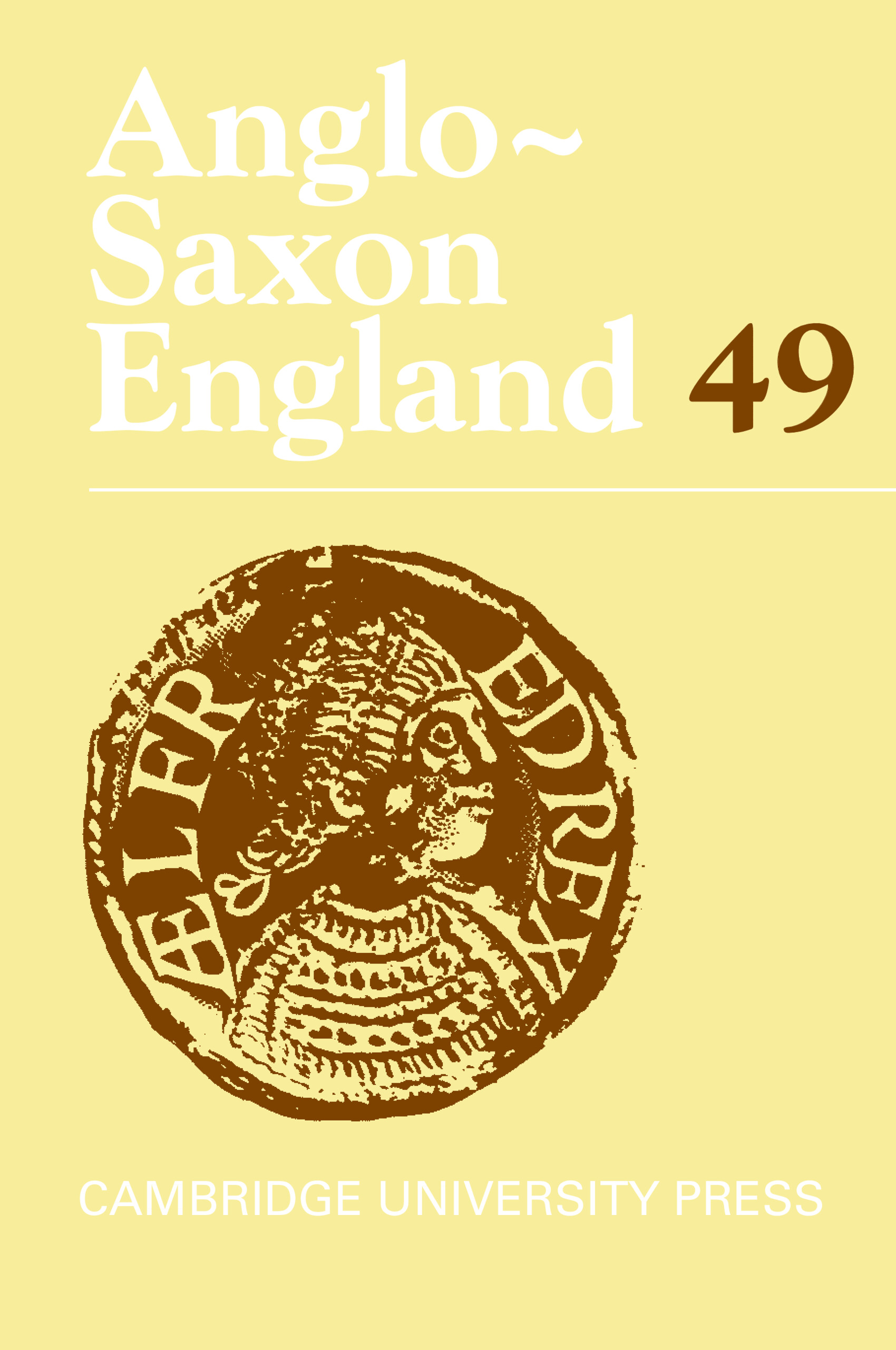No CrossRef data available.
Article contents
The ‘old books of Glastonbury’ and the Muchelney breviary fragment: London, British Library, Additional 56488, fols. i, 1–5
Published online by Cambridge University Press: 19 March 2020
Abstract
London, British Library, Add. 56488, fols. i, 1–5, is a fragment from a monastic breviary of the first half of the eleventh century, probably made at or for Muchelney Abbey (Somerset). It is here argued on palaeographical, musical and liturgical grounds that this breviary represents a liturgical tradition separate from that of Æthelwold’s network of reformed houses, which imitated the northern French monastery of Corbie. The fragment’s liturgy is based instead on a local ‘secular’ (non-monastic) liturgical tradition that has been minimally supplemented and rearranged to agree with the requirements of the Regula S. Benedicti. The scribe apparently compiled the breviary from several separate exemplars (a collectar, a bible, a homiliary, and what seems to have been a ‘secular’ antiphoner), which may indicate that the liturgy at Muchelney was ‘Benedictinized’ much later than might have been assumed. The same secular tradition seems to be preserved, beneath subsequent layers of modification, in a thirteenth-century Muchelney breviary (London, British Library, Add. 43405–6) and a fifteenth-century ordinal of St Mary’s Abbey, York (Cambridge, St John’s College D. 27). These later sources, while not representing the Benedictine liturgy of the lost ‘old books of Glastonbury’ under Dunstan (as suggested by McLachlan and Tolhurst), are valuable potential witnesses to the otherwise largely unattested Office liturgy used in English minsters before the ‘Benedictine Reform’ of the tenth century.
- Type
- Research Article
- Information
- Copyright
- © Cambridge University Press 2020





